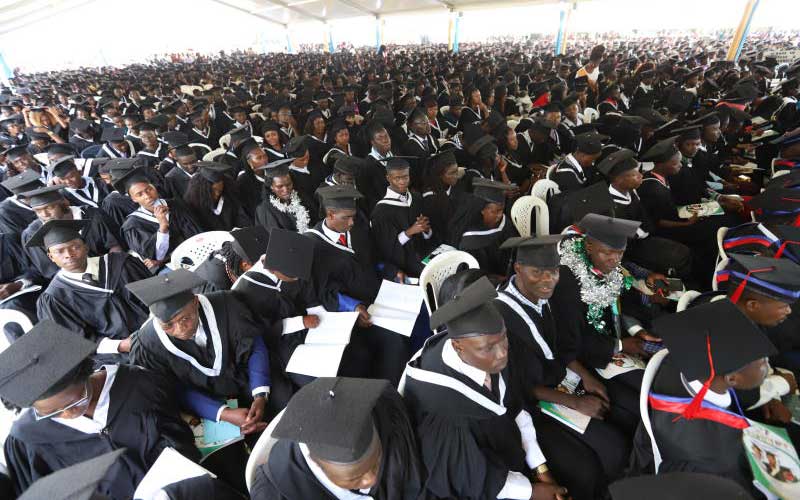
Post doctoral training is vital for new PhD graduates. This is a period of “apprenticeship” for a newly-minted researcher to hone their skills in a research environment. It typically follows completion of the doctoral degree. Depending on the scientific field and other factors, training can last a year or two and beyond.
This apprenticeship provides young postdocs with critical experience and helps to develop the skills they need to become seasoned research leaders. Yet, very few African universities offer postdoctoral training, primarily due to a lack of mentorship. There are simply not always enough senior, qualified faculty staff – those with PhDs – who can provide the necessary support.